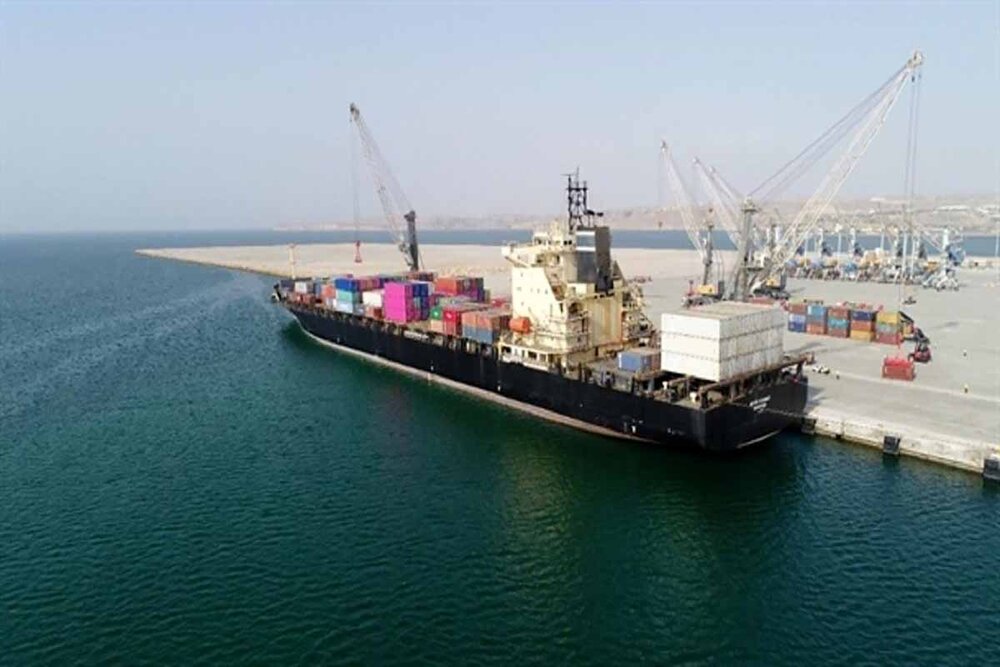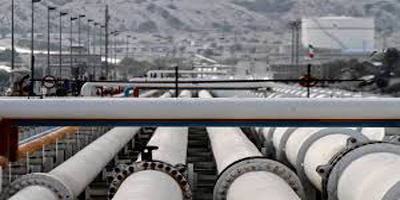Products worth $1.5m exported from Chabahar FTZ in 2 months
Iran’s Free Zones High Council announced that commodities valued at $1.5 million were exported from Chabahar Free Trade Zone, in southeast of the country, during the first two months of the current Iranian calendar year (March 21-May 21).
The council announced that the value of imports to the zone was $34 million in the first two months, so Chabahar FTZ experienced a negative trade balance of $32.5 million during that period.
Raw materials, consumer goods, and vehicles were the major goods imported to the zone in the mentioned two months.
Lying on the coast of the Gulf of Oman in Iran’s southeastern Sistan-Baluchestan Province, Chabahar is the country’s only oceanic port and given its strategic location in the International North-South Transport Corridor (INSTC) development of the port is of high significance for Iran, so the government has some major projects to create multi-dimensional transportation facilities in this port.
In mid-February, Iran’s Free Zones High Council Secretary Reza Masrour stated that regulatory restrictions in free trade zones have hindered their intended function in recent years.
He pointed to past policies, such as the ban on vehicle imports into free zones while allowing them in mainland Iran, as an example of such constraints.
However, recent government efforts have led to the removal of several limitations.
He emphasized the council’s focus on enhancing the export role of free trade zones, as a significant portion of their production has historically been directed toward the domestic market, contradicting their core purpose. The new policy framework aims to steer businesses toward export-driven production.
Masrour highlighted that while free trade zones are more service- and commerce-oriented, special economic zones focus primarily on production and exports.
To improve export performance, new incentives have been introduced for production units engaged in exports.
Additionally, the council has partnered with Iran’s Trade Promotion Organization (TPO) to establish export management companies in free zones to facilitate international trade.
Masrour addressed concerns about smuggling in free zones, stating that all import processes are recorded in official systems.
He also announced a shift in trade exhibition policies, stating that foreign exhibitions, which were previously held outside free zones, have been limited due to high costs. Moving forward, exhibitions will be held exclusively within free trade zones, ensuring they target relevant markets and yield better economic results.
The official revealed plans for a greater emphasis on technology in free trade zones, and mentioned the development of an AI assistant tailored for free trade zones.





ارسال دیدگاه
مجموع دیدگاهها : 0در انتظار بررسی : 0انتشار یافته : ۰